Best Hair Products for Postpartum Hair Loss
Disclosure: This post may contain affiliate links, which means I may receive a small commission if you click a link and purchase something. Please check out my disclosure policy for more details. All opinions are my own!
You’ve had a beautiful baby, you’re finally starting to figure things out, and BAM.
You’re about 4 months into postpartum and suddenly you feel like your hair is coming out all over!
What gives?
As frustrating as it is, postpartum hair loss is extremely common and something I’ve dealt with 3x now and it ALWAYS sucks.
Now, before you start panicking and envisioning clumps of hair all over the floor, let me assure you that there’s good news.
Postpartum hair loss is a temporary phase that many women experience after giving birth, and eventually it DOES stop.
So let’s get into the best hair products for your postpartum hair loss, why it’s happening to you, and when you can expect it to finally stop.
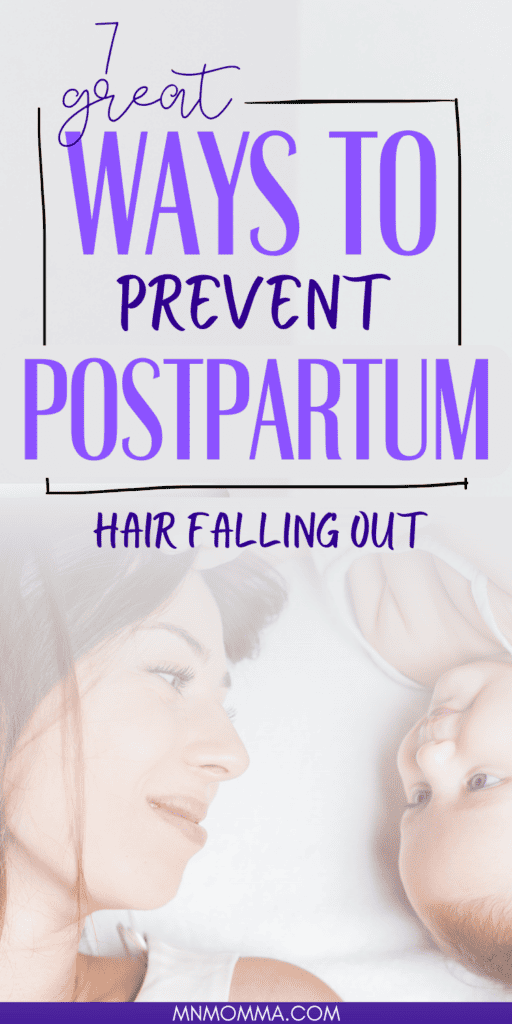
<— Pin it! Save this post for later!
7 Best Hair Products for Postpartum Hair Loss
Here are seven hair products that can be beneficial for postpartum hair loss:
1. Kérastase – Resistance Strengthening Scalp & Hair Serum for Damaged Hair
This Kérastase – Resistance Strengthening Scalp & Hair Serum is designed to strengthen both the scalp and hair, promoting healthy hair growth and reducing breakage.
It nourishes the hair follicles and improves the overall condition of the scalp, which can be beneficial during the postpartum hair loss phase.
I’ve used this serum during my 3rd postpartum period and saw really great results!
2. Nutrafol Postpartum
Nutrafol Postpartum capsules are a great way to improve your hair regrowth after baby. These OBGYN-developed vitamins focus on the 3 main causes of thinning hair in the first year postpartum:
- nutrient depletion
- stress
- hormonal changes
While they’re definitely pricey, they’re touted as breastfeeding-friendly, clinically effective, and use natural ingredients to give you thicker, stronger hair growth and less shedding.
If you’re looking for something BIG to make a hair growth change, this just might be the ticket.
3. Scalp Massager
A scalp massager is a fantastic tool to stimulate blood circulation in the scalp and promote hair growth.
Using a scalp massager during shampooing or as a part of your hair care routine can help invigorate the hair follicles and improve the overall health of your scalp.
4. Prenatal Vitamins
Continuing to take prenatal vitamins postpartum can provide your body with the necessary nutrients to support healthy hair growth.
Prenatal vitamins often contain essential vitamins and minerals like folic acid, biotin, iron, and vitamin D, which can aid in strengthening the hair and reducing hair loss.
5. Biotin Supplements
Biotin, a B-vitamin, is known to promote hair growth and strengthen the hair strands.
Taking biotin supplements, in consultation with your healthcare provider, can help support healthy hair growth during the postpartum period.
One of my favorite hair supplements are these Hair, Skin, and Nails ones. Not only do they work, but they’re SO yummy tasting!
6. Essential Oils
Certain essential oils, such as lavender, rosemary, and peppermint oil, have been associated with promoting hair growth.
Dilute a few drops of these oils in a carrier oil, like coconut or jojoba oil, and gently massage the mixture into your scalp to stimulate the hair follicles and support healthy hair growth.
7. Thickening Shampoo
Opting for a thickening shampoo can give your hair a voluminous appearance while promoting overall hair health.
Look for shampoos that contain ingredients like biotin, collagen, and keratin, which can help strengthen the hair strands and provide a fuller look to your hair.
8. Deep Conditioning Treatments
Regularly using deep conditioning treatments or hair masks can help nourish and hydrate your hair, reducing breakage and promoting healthy hair growth.
Look for masks that contain moisturizing ingredients like shea butter, argan oil, and vitamin E for added nourishment.
Remember, everyone’s hair is unique, so it’s essential to find the products that work best for you.
Be patient and consistent with your hair care routine, and over time, you’ll notice improvements in hair thickness and overall health.
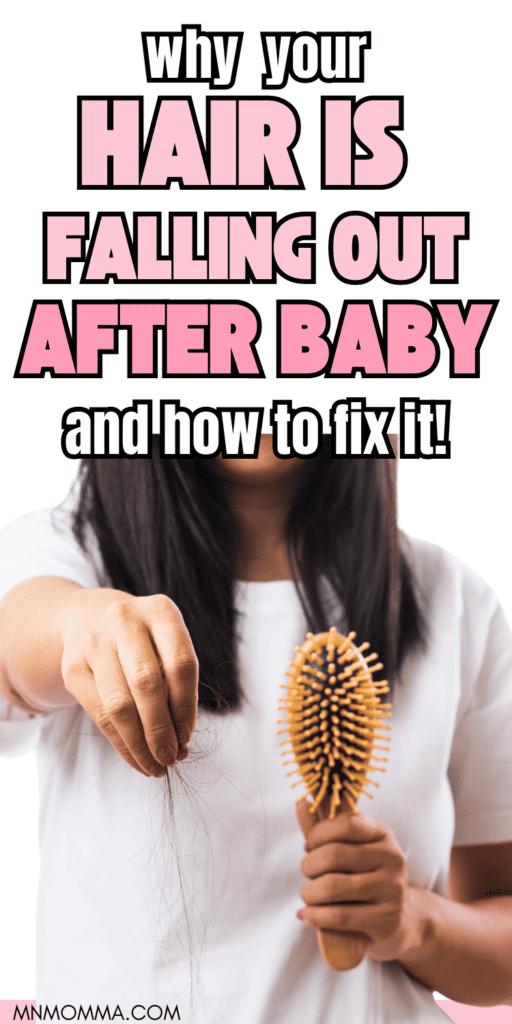
What Causes Postpartum Hair Loss
Now that you feel better knowing there’s a few hair products you can get to help your postpartum hair loss, it’s time to back up and learn why postpartum hair loss happens in the first place.
During pregnancy, your hormone levels go through a rollercoaster ride.
You may have noticed thicker, healthier hair during those nine months, and that’s because high levels of estrogen prolong the growing phase of your hair follicles.
But once your baby arrives, those hormonal changes kick in again, and your estrogen levels drop dramatically.
This sudden change can push a large number of hair follicles into the resting phase, resulting in excessive shedding.
As a new mom myself, I vividly remember the moment I noticed my hair clogging up the shower drain.
It was totally a shock, to say the least.
However, the shedding phase usually peaks around three to four months postpartum and gradually tapers off by the sixth month.
So, rest assured that your hair will eventually return to its normal levels of fullness.
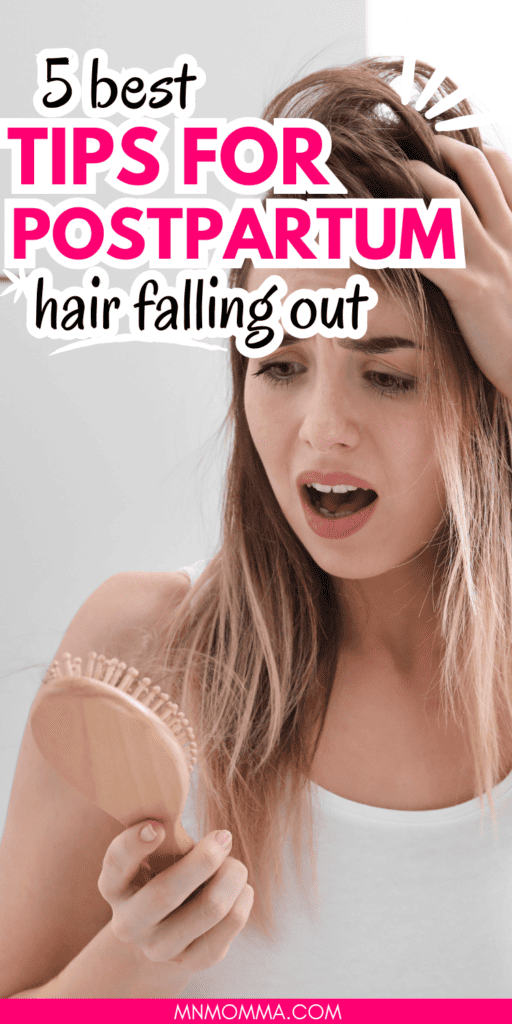
Tips for Dealing With Postpartum Hair Loss
Now, let’s talk about what else you can do to support healthy hair growth during this transitional period while you’re waiting for the shedding to stop.
Here’s the top 5 tips for dealing with postpartum hair loss:
- Good nutrition
- Buy the right products
- Scalp care
- Talk to your doctor
- Reduce stress
Nutrition
One important step in caring for your hair is prioritizing your nutrition.
As a new mom, I know this can be a challenge – but do your best!
Try to eat a balanced diet rich in vitamins and minerals.
Prenatal vitamins, which are often recommended during pregnancy, are a great choice to keep taking and can continue to support your hair health postpartum.
Look for supplements that contain folic acid, vitamin C, vitamin E, and B vitamins, as these nutrients are essential for healthy hair.
Buy the Right Products
When it comes to hair care, choosing the right products can make a world of difference.
Start by investing in a gentle shampoo that promotes hair growth and nourishes your scalp.
Look for shampoos with active ingredients like biotin, castor oil, and DHT blockers, as they can help stimulate new hair growth.
If you struggle with fine or thin hair, a volumizing shampoo might be just what you need to give your locks a much-needed boost.
On the other hand, if you have curly hair, opt for a moisturizing shampoo that helps combat dryness and frizz.
Remember, every hair type is unique, so finding the best shampoo for your specific needs can go a long way in maintaining healthy and vibrant hair.
Take Care of Your Scalp
Apart from using the right shampoo, incorporating a scalp massage into your hair care routine is a great way to improve blood circulation and promote healthy hair growth.
Gently massaging your scalp with your fingertips, or using a scalp massager in circular motions can enhance blood flow to the hair follicles, ensuring they receive the necessary nutrients for optimal hair health.
I’ve learned that scalp care is HUGE and can make a big difference in your postpartum hair regrowing process.
So don’t skip over it because it doesn’t feel as important!
Reduce Stress
This is another postpartum hair loss tip that’s easier said than done.
Do your best to eliminate any extra stress you can as this can be a result of hair loss.
Whether it’s a relaxing bath at night, going for a walk, hiring a cleaning service, or just re-assigning (or skipping!) some of the tasks that give you stress – small changes can have a big impact on your overall health and wellness.
Talk to Your Doctor
If you’re having serious hair loss that seems like more than the normal postpartum hormones, be sure to talk with your doctor.
It might be tempting to try every hair treatment under the sun, but if it’s something more, or you require a prescription strength medication or shampoo, it’s essential to consult with a board-certified dermatologist or your OBGYM for a proper referral.
True hair loss, as opposed to the temporary shedding phase experienced during postpartum, may have underlying causes that require medical care.
So, if you’re concerned about excessive hair loss or notice bald patches, don’t hesitate to seek professional advice.
It’s Not “Just You”
In the meantime, take comfort in knowing that postpartum hair loss is a natural part of the journey.
It’s just your body adjusting to the changes that come with motherhood and I promise, it’s not just you.
Remember, with a healthy diet, proper hair care, and given time, your hair will return to its normal glory. So, embrace your postpartum hair journey, rock that shorter cut if you want to try something new and enjoy your new baby snuggles.
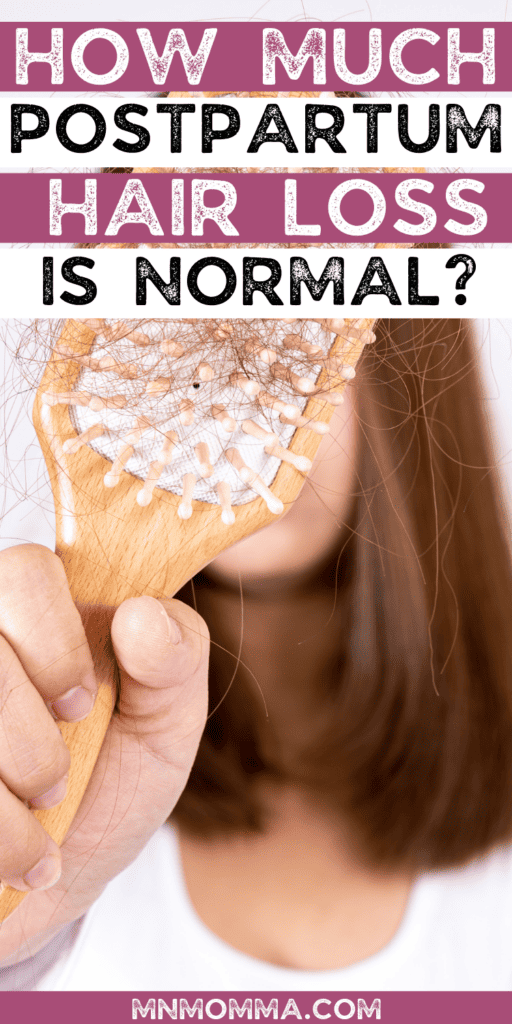
How Much Postpartum Hair Loss is Normal?
One thing to keep in mind is that postpartum hair loss is a normal process and not a sign of any underlying health issue.
While it can be distressing to see clumps of hair falling out, it’s crucial to remember that this is a temporary phase.
If you think that your hair loss is excessive or you have concerns about other symptoms you’re experiencing, it’s always best to consult with a healthcare professional for an accurate diagnosis and appropriate guidance.
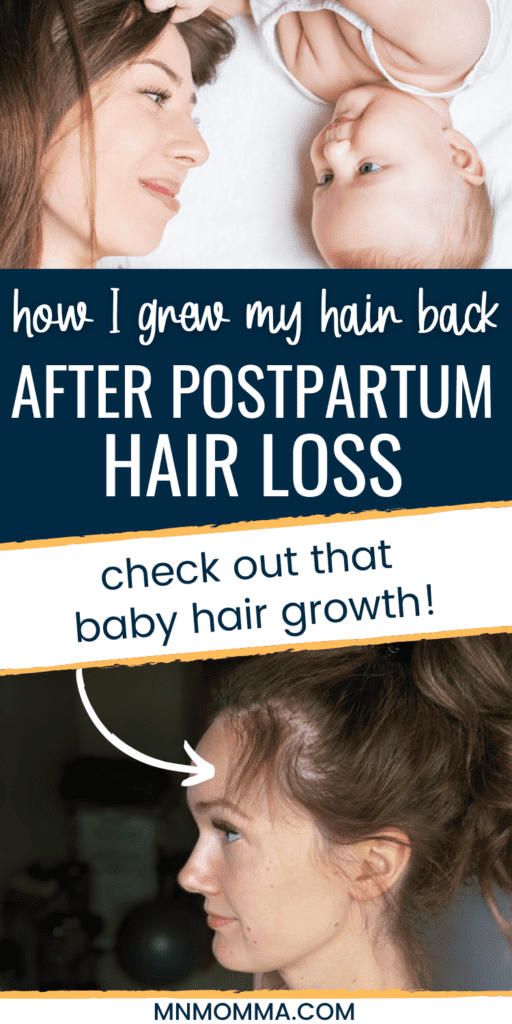
My Postpartum Hair Loss Experience
Just like many new mothers, I’ve experienced postpartum hair loss after each of my pregnancies.
Usually at almost exactly 3 months postpartum, I started to see my gorgeous, thick, pregnancy hair, start to come out in droves.
Tons in the shower, lots in my hairbrush, and way too much on the bathroom floor when I was styling my hair.
Thankfully, I have naturally thick hair and aside from the hair all over, it wasn’t overly noticeable.
With my first two postpartum hair loss experiences, I didn’t do anything special to help my hair and just waited out the hormone changes.
However, with baby number 3 I tried the Kérastase – Resistance Strengthening Scalp & Hair Serum for Damaged Hair and aways used a scalp massager while washing my hair.
It was also the earliest and fasted postpartum hair growth I had seen!
My postpartum hair loss had slowed down greatly by 6 months, and by 10 months my new growth (while totally funny looking), was so exciting to see!
I highly recommend using a postpartum hair product that promotes a healthy scalp.
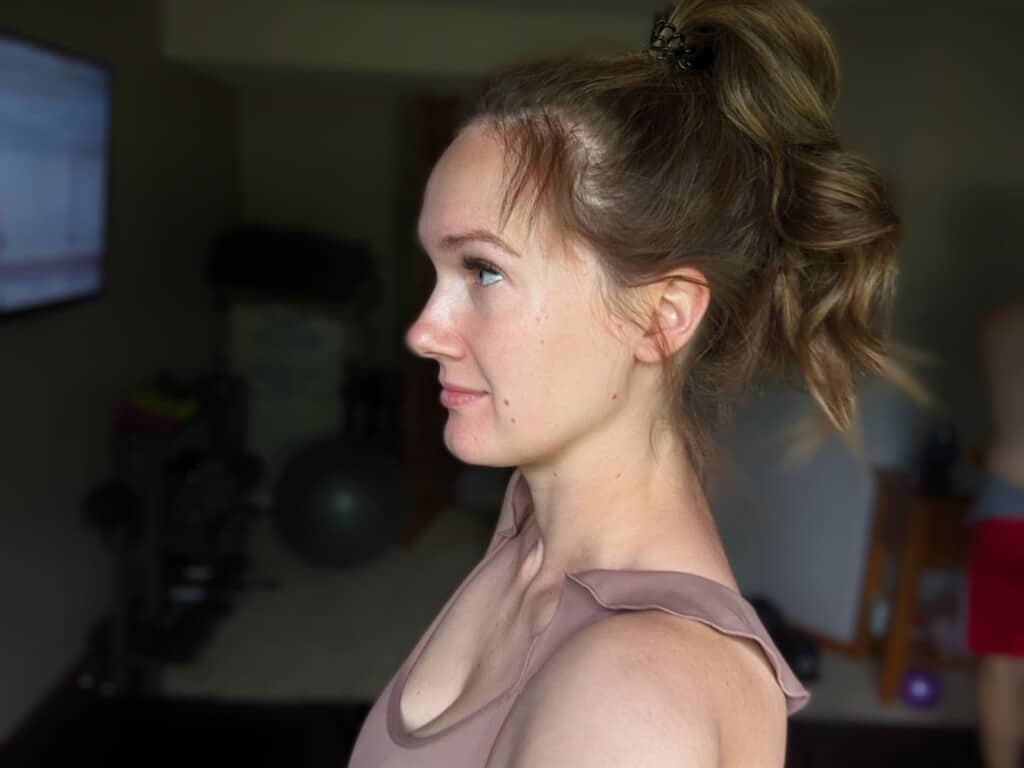
FAQ
What is the Best Shampoo for Postpartum Hair Loss While Breastfeeding?
When it comes to choosing the best shampoo for postpartum hair loss while breastfeeding, it’s essential to prioritize products that are safe for both you and your baby.
Look for shampoos that are free from harsh chemicals and artificial fragrances.
One great option is the “Pura d’or Hair Thinning Therapy Shampoo.”
It contains natural ingredients like biotin, saw palmetto, and essential oils that can promote hair growth and nourish your scalp without any harmful effects on your breastfeeding journey.
When Does Postpartum Hair Loss Usually Start
Postpartum hair loss usually starts around three months after giving birth.
This timing can vary from woman to woman, but it’s a common timeframe for many new moms to experience noticeable hair loss.
Don’t worry; it’s just your body adjusting to the hormonal changes and entering the shedding phase of the hair growth cycle.
When Do You Stop Losing Hair Postpartum
The duration of postpartum hair loss can vary, but most women stop losing hair postpartum by around six to twelve months after giving birth.
Remember that every person is unique, and some may notice a faster recovery, while others may take a bit longer.
Patience is key, as your hair will gradually grow back to its normal fullness over time.
What Supplements are Best for Hair Loss postpartum?
When it comes to supplements for hair loss postpartum, there are a few key ingredients to consider.
Biotin, also known as vitamin B7, is known for its role in promoting healthy hair growth.
You can try to include biotin-rich foods in your diet or take a biotin supplement.
Additionally, supplements containing iron, zinc, and omega-3 fatty acids can support overall hair health and reduce hair loss.
However, it’s always a good idea to consult with your healthcare provider before starting any new supplements, especially if you are breastfeeding.

What Makes Postpartum Hair Loss Worse?
There are a few things that can worsen postpartum hair loss, like:
- hormonal imbalances
- stress
- unhealthy diet
- nutritional deficiencies
- scalp neglect
Hormonal imbalances, such as those caused by certain medical conditions, can exacerbate hair loss.
Stress levels can also play a role, as high levels of stress can disrupt the hair growth cycle.
Additionally, an unhealthy diet, nutritional deficiencies, and not taking proper care of your scalp can contribute to increased hair loss.
It’s important to address these factors and make necessary lifestyle changes to support healthier hair growth.
Best Products to Use on Your Hair for Postpartum Hair Loss
Remember, taking care of your scalp is crucial for healthier hair growth.
Regular scalp massages, using a gentle shampoo, and avoiding excessive heat styling can all contribute to maintaining a healthy scalp environment.
Pay attention to your scalp’s needs and choose hair care products that are gentle and nourishing to promote optimal hair growth.
Postpartum hair loss is a common experience for many new moms, and while it can be frustrating, it’s usually temporary.
With time, proper care, and a focus on overall wellness, you’ll soon notice new hair growth and regain the luscious locks you love.
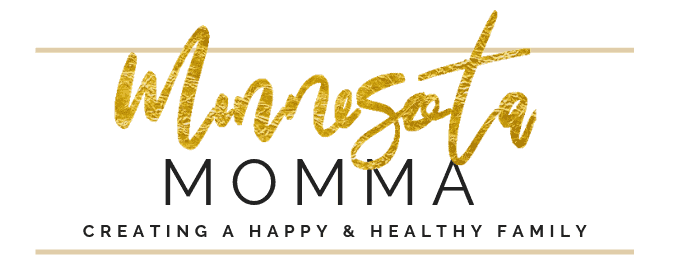
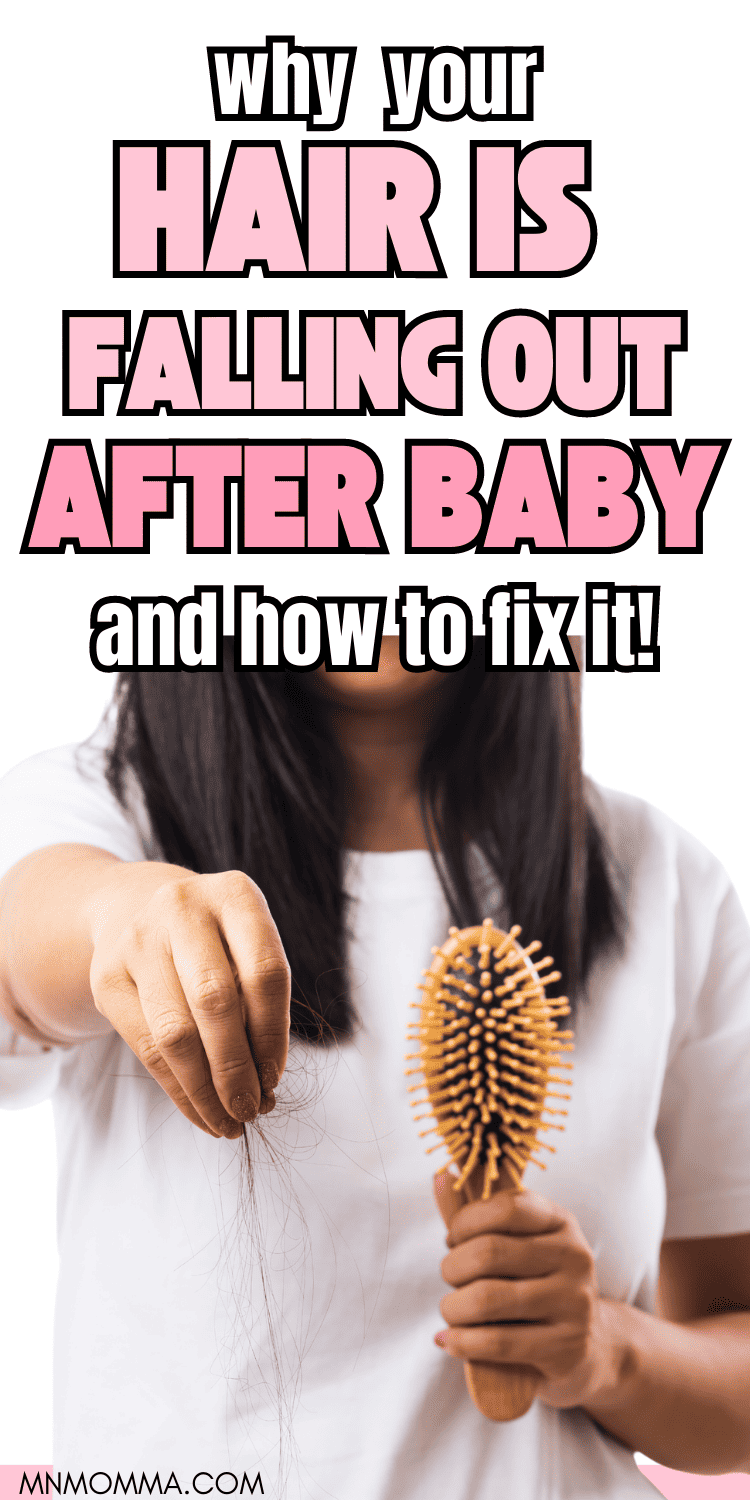
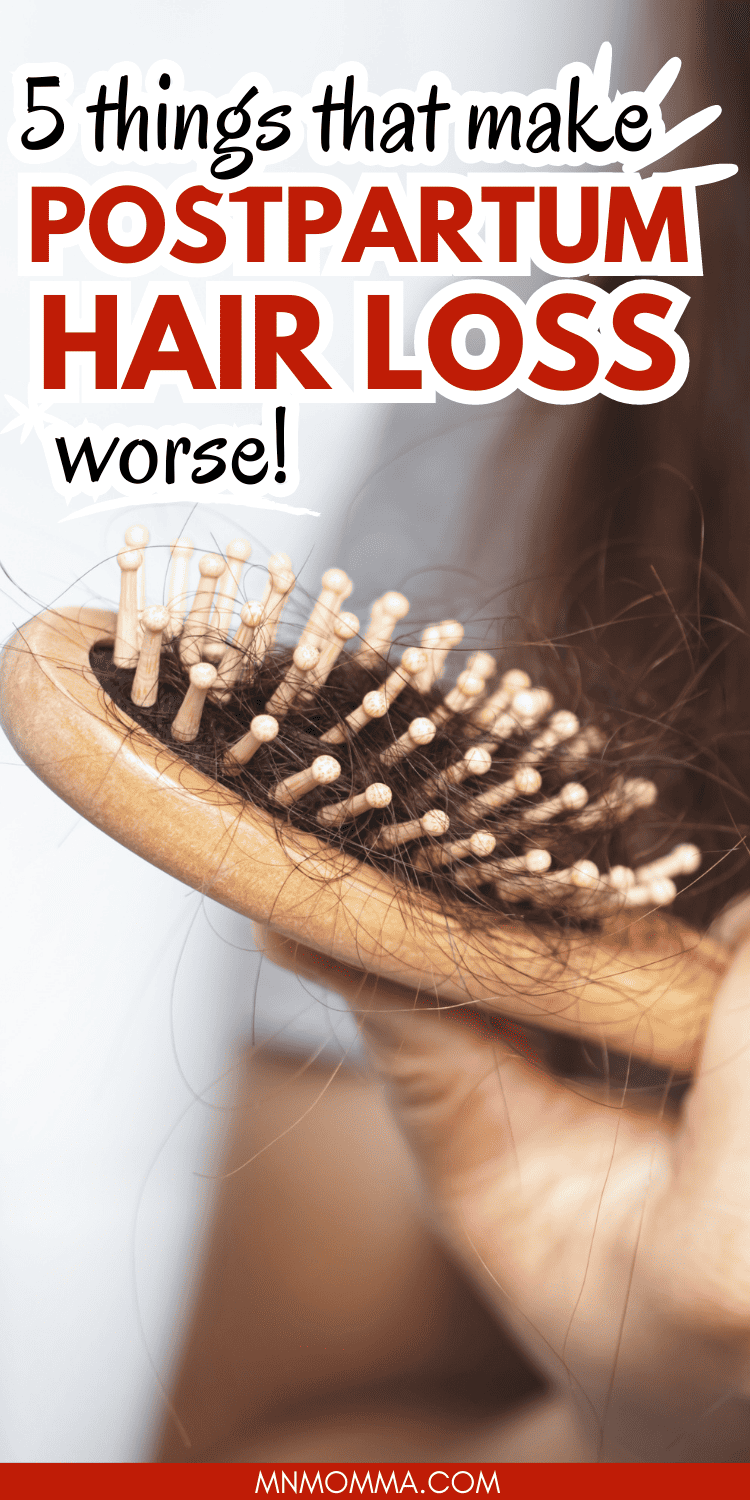
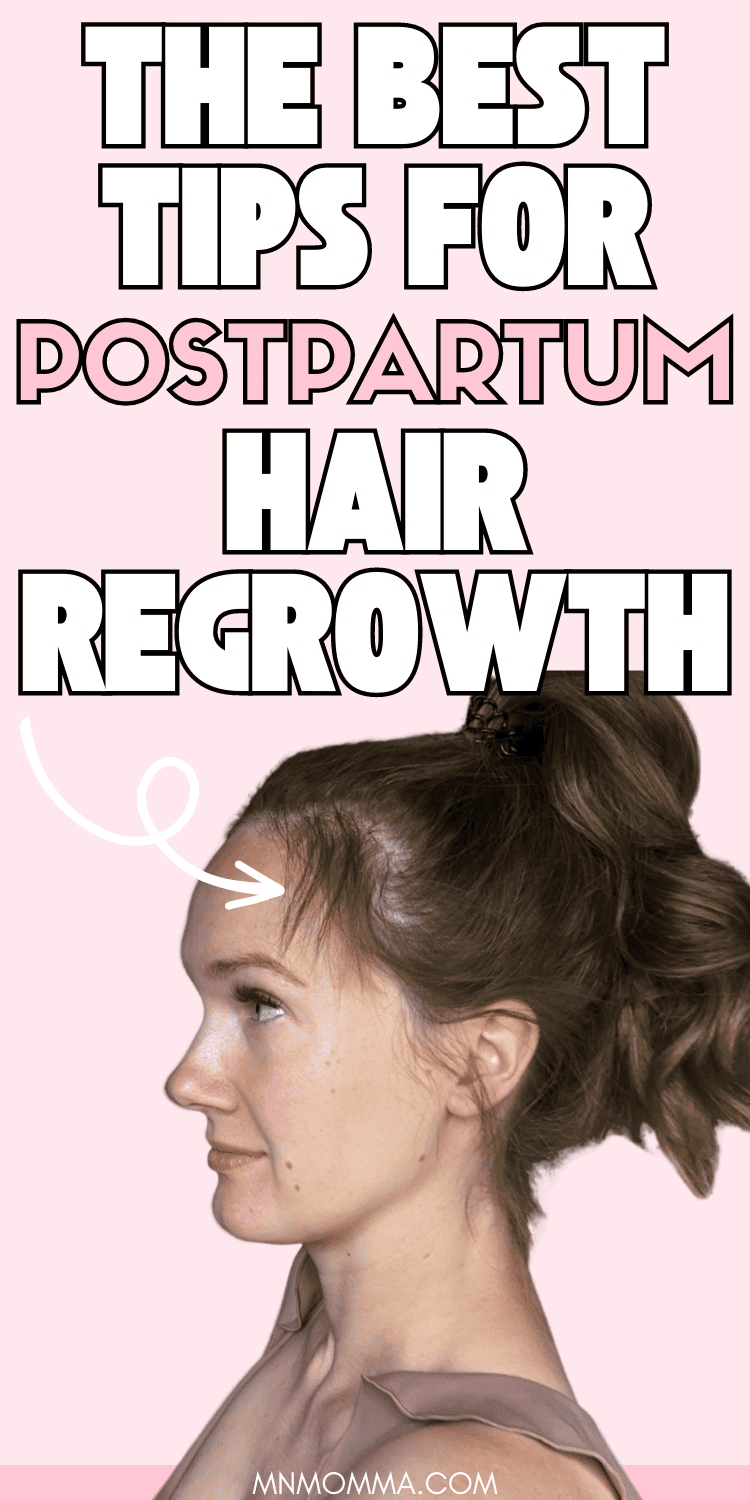
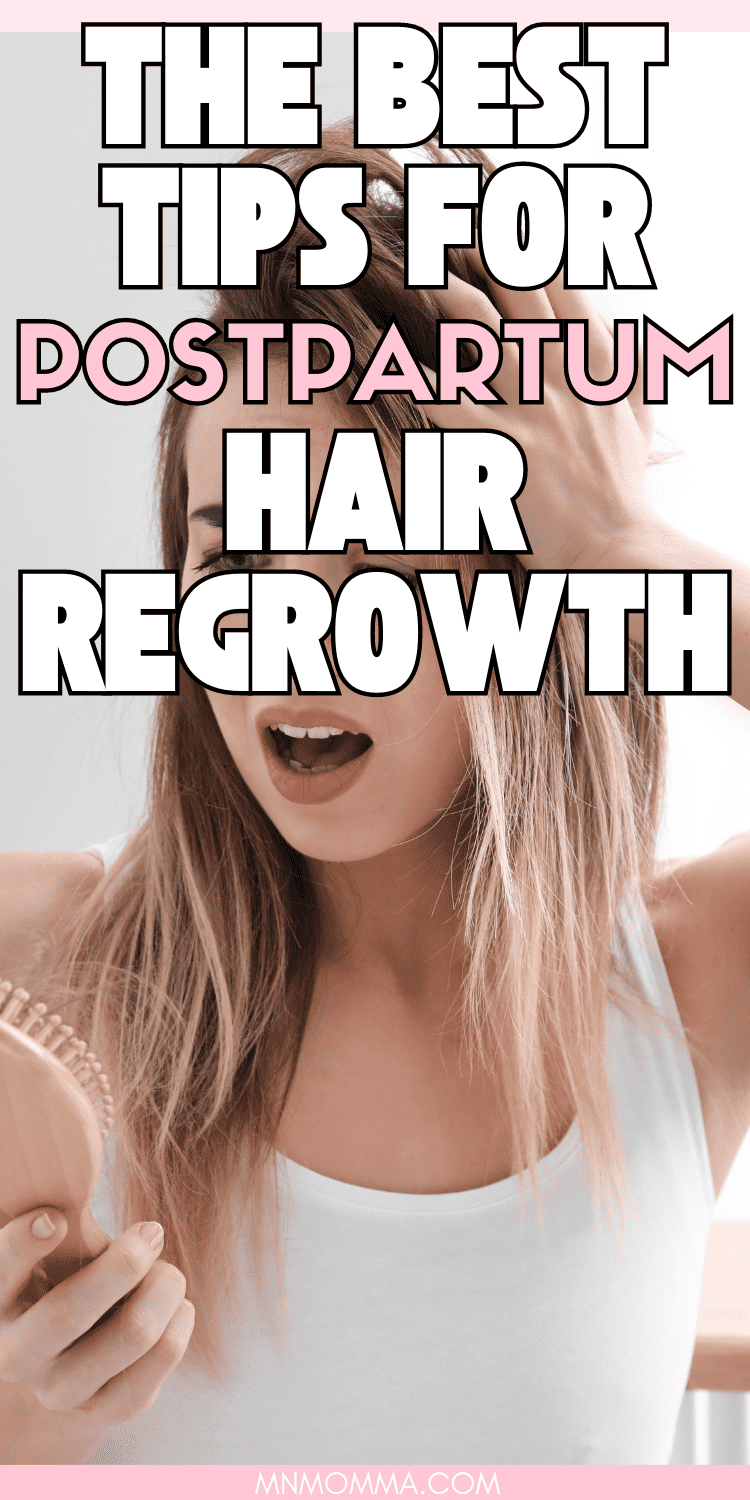
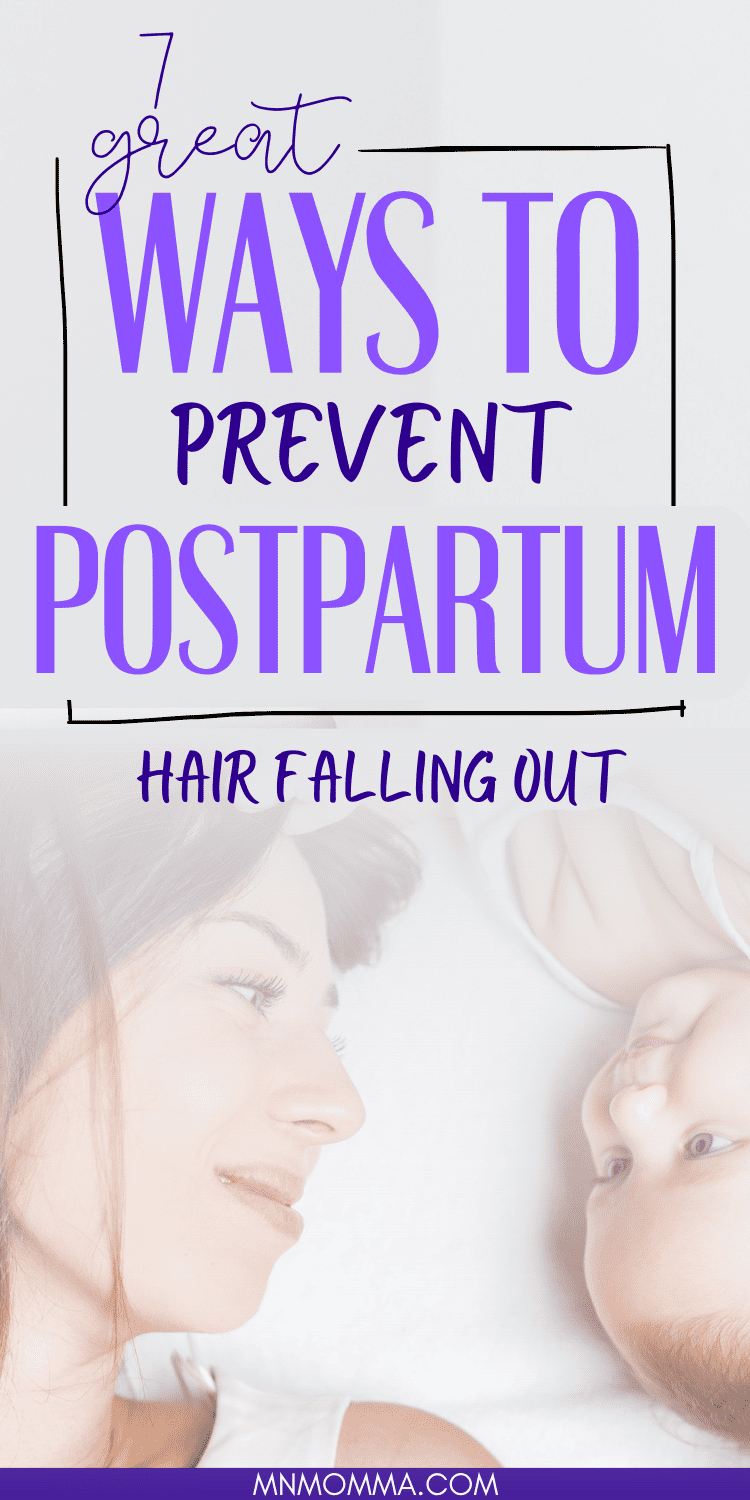
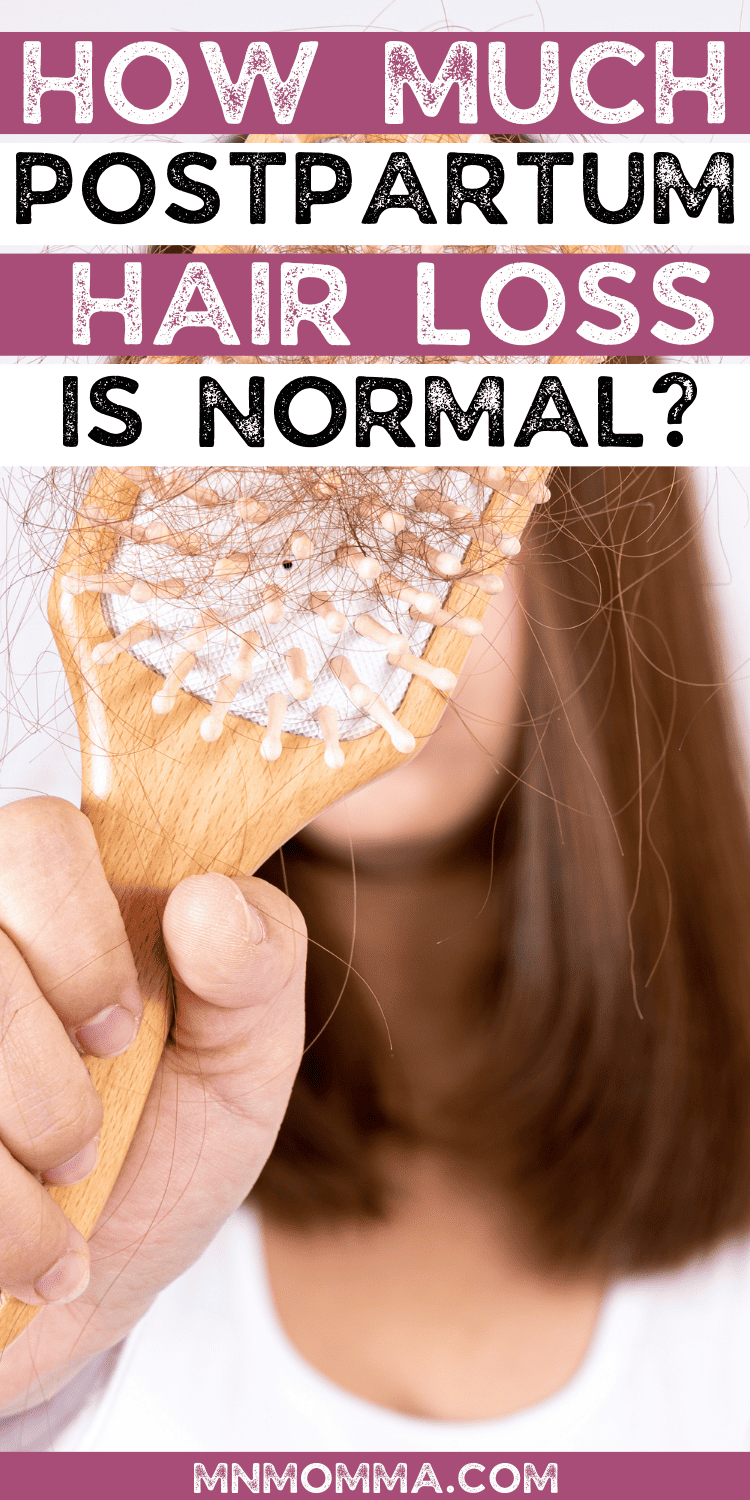
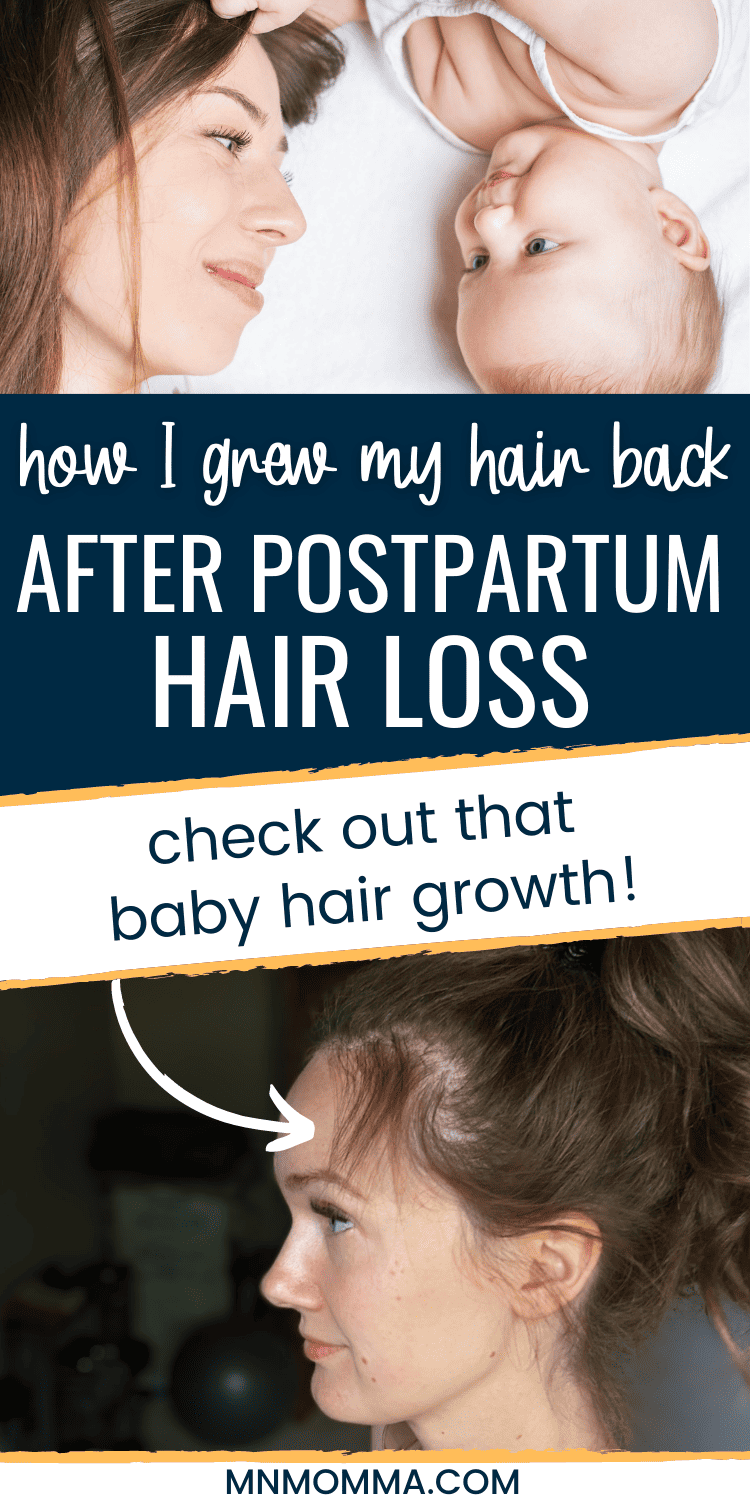
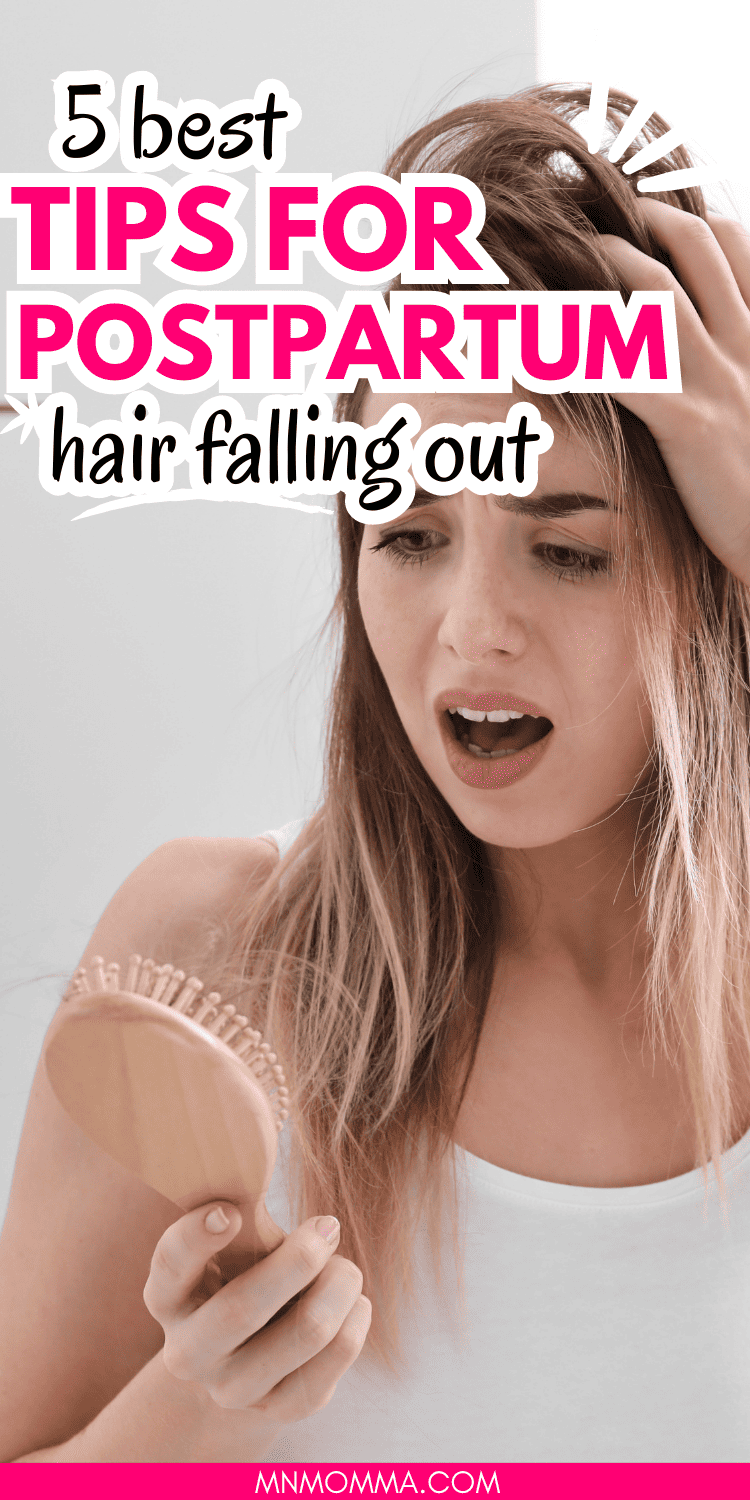
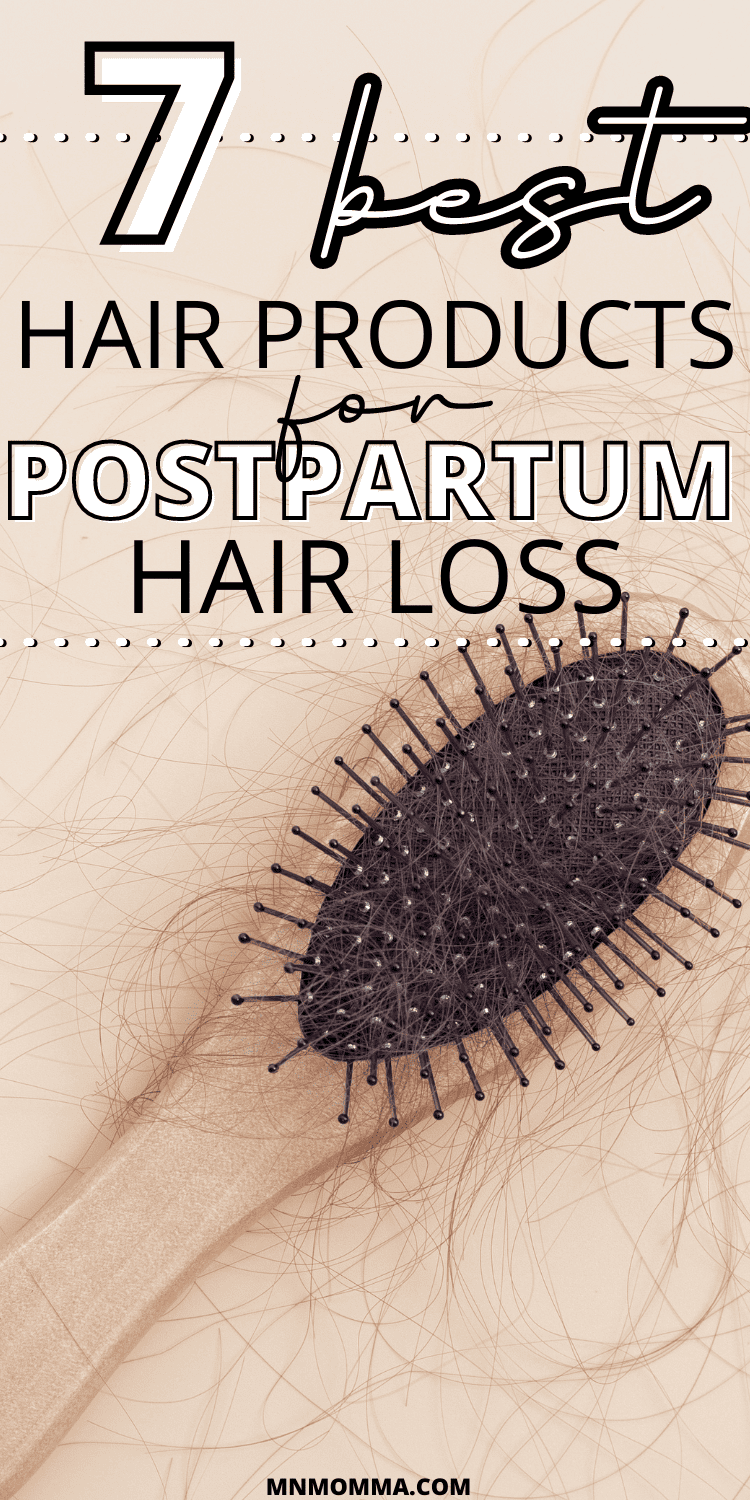
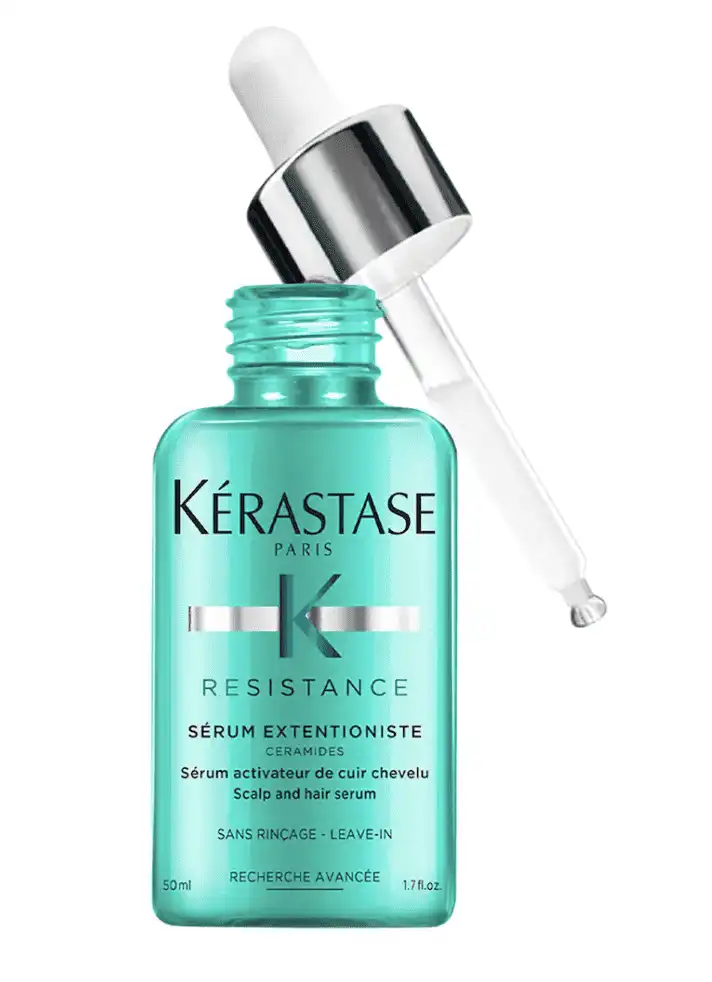

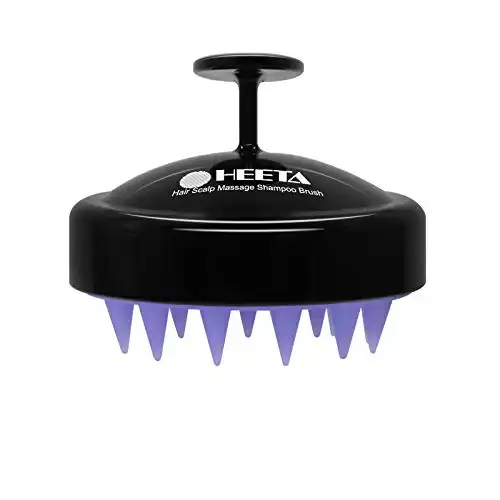
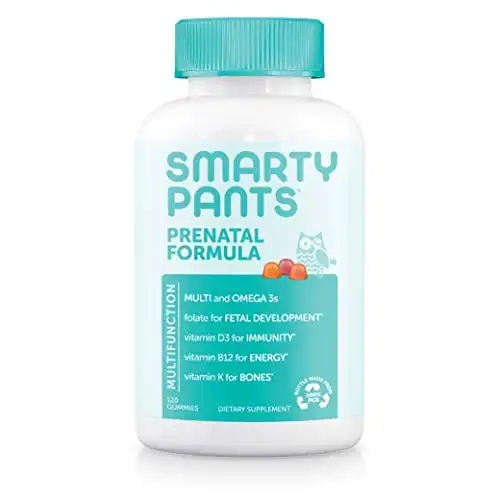
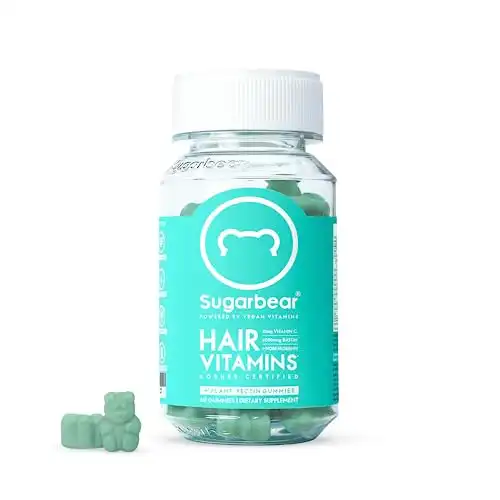
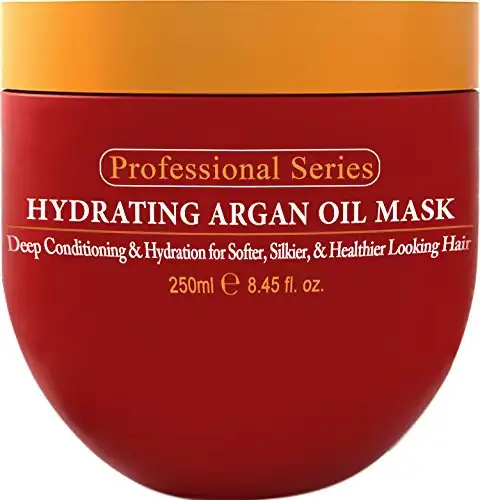

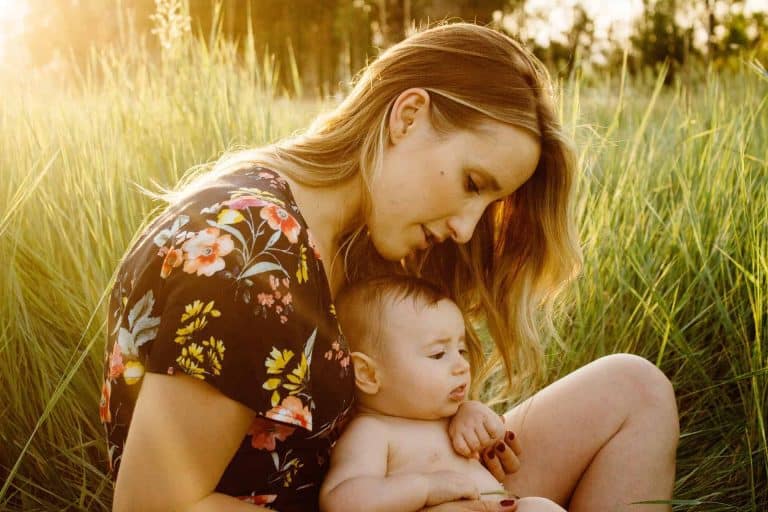

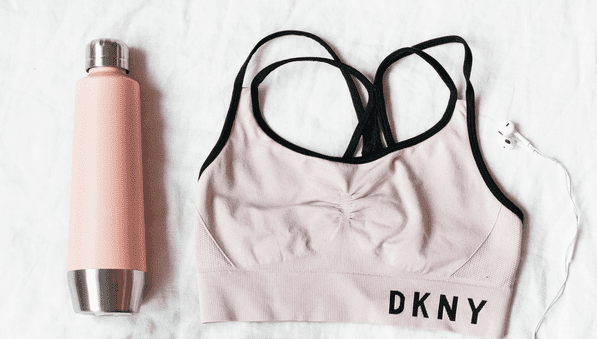

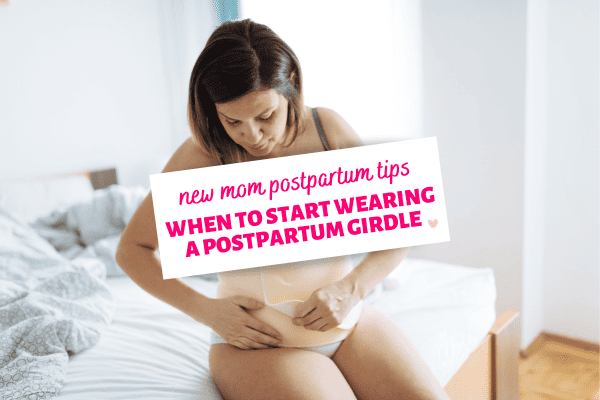
It’s very nice and informative
Thank you so much for your guidance
You’re welcome!